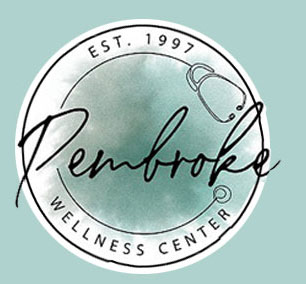February is American Heart Health Month where we shine light on the number 1 killer of Americans. Heart Disease. 1 in 5 Americans will die from heart disease. There are many factors that predispose one to heart disease, luckily many of these are modifiable. Though somethings, such as genetics are out of our control, there are a lot of ways you can reduce your risk of heart disease, stroke and heart attack.
- Exercise more! The American Heart Association recommends 150 minutes of moderate to vigorous exercise per week or 75 minutes of vigorous activity. This can be broken down in to smaller daily chunks like 30 mins 5 days a week. Only 1 in 5 adults and children are meeting exercise recommendations. Even moving more and sitting less confers benefit, some activity is better than no activity!
- Improve diet by reducing salt, saturated fats, and processed foods. Eat more fruits, veggies, whole grains, lean meats, low fat dairy products, and good fats like fish, avocado, olive oil, nuts etc, The Dash diet and Mediterranean diet have proven to be heart healthy and can reduce risk of heart disease.
- Quit smoking! Smoking increases chances of heart disease and stroke by 2-4 times. There are so many options that can aid in smoking cessation. Even reducing the amount you smoke can have some benefits.
- Watch you weight. Overweight and obese adults have much greater chances of having high blood pressure, diabetes and high cholesterol. All of these things significantly increase the risk of heart disease.
- Get enough sleep and reduce stress. Adults who routinely don’t get enough sleep and have high stress levels are more prone to high blood pressure, poor food choices and other diseases that increase risk of heart disease. Aim for 7-8 hours of sleep nightly and find ways to cope/ reduce stress like meditation, exercise, yoga or other hobbies.
Routinely seeing your PCP to screen for things like high blood pressure, high cholesterol and diabetes can identify your risk factors early so we can take necessary steps to help reduce your chances of heart disease.
Know your numbers, know your risk , and reduce your chances!
Dr. MacKenzie



